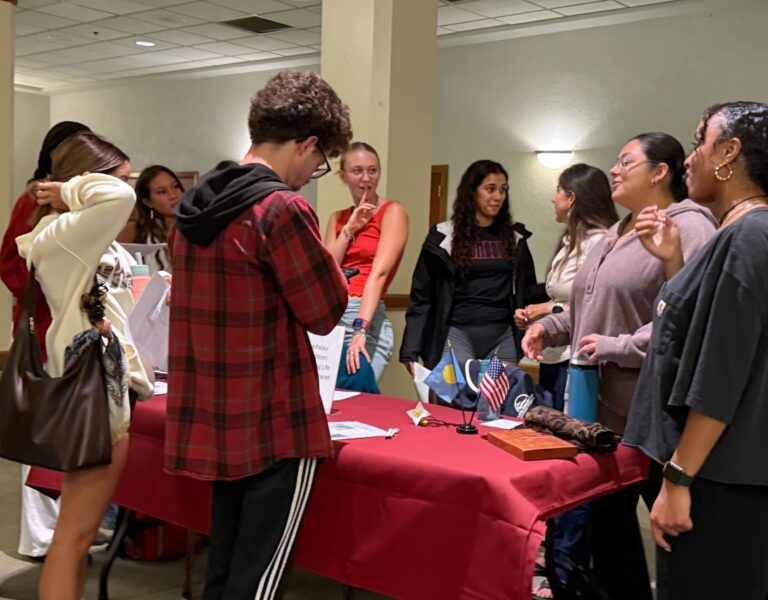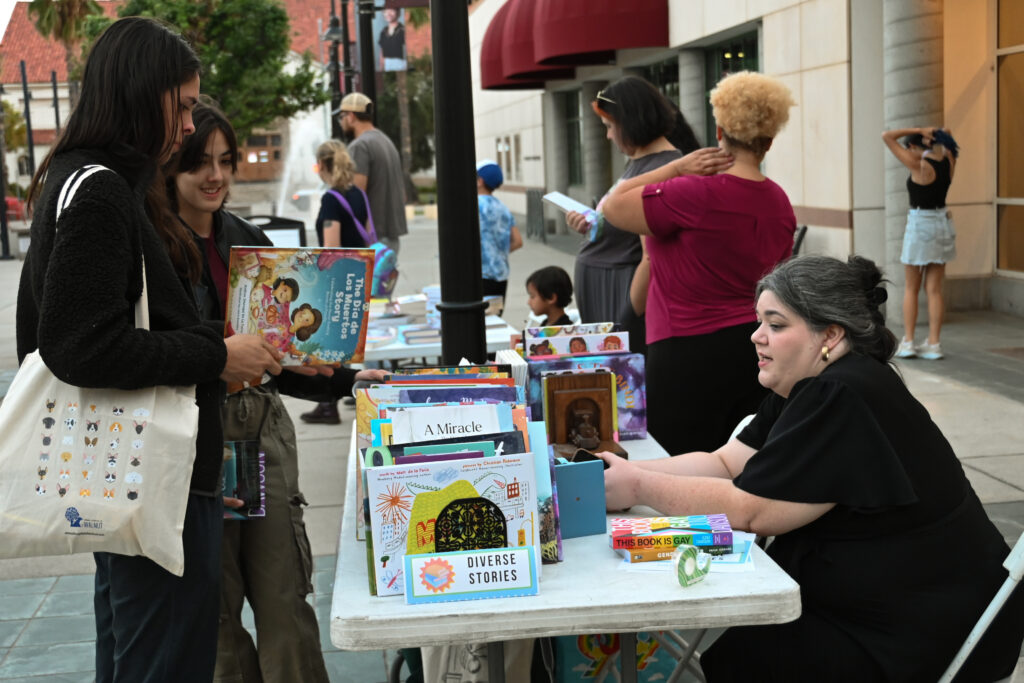
As the fall semester kicked off, the University of Redlands faced an unexpected challenge: an intense heatwave. From Sept. 9 to Sept.15, the National Weather Service issued an Excessive Heat Warning, with temperatures soaring past 109°F during peak hours. This extreme heat posed significant health risks to both the university community and the broader Redlands area.
The Impact on Campus
The University of Redlands, known for its beautiful outdoor spaces, adjusted its operations to ensure student and staff safety during the heatwave. The University urged the campus community to limit exposure by staying indoors and avoiding vigorous physical activity, particularly during the hot afternoon hours. People with respiratory or heart conditions, the elderly, and children were advised to remain indoors.
“We’re closely monitoring the situation and adjusting our activities accordingly,” said public safety officers at the time. “It is important that everyone stays hydrated, avoiding prolonged exposure to the sun.”
Throughout the heatwave, the University provided Cool Zone spaces in Larson and the Armacost Library for the campus community to utilize for relief from the extreme heat.
Air Quality Concerns
In addition to the heat, the South Coast Air Quality Management District (SCAQMD) issued an Ozone Advisory due to deteriorating air quality. The SCAQMD predicted that the Air Quality Index (AQI) could reach “Very Unhealthy” levels, particularly during the hottest hours. High ozone levels exacerbated respiratory issues, causing symptoms like coughing and chest tightness, particularly for individuals with preexisting conditions.
“Residents, especially those with respiratory or heart conditions, the elderly, and children, should remain indoors,” advised the SCAQMD during the heatwave.
Citywide Response and Broader Community Impact
During the heatwave, public cooling centers in Redlands experienced a noticeable increase in visitors, according to Community Forward Redlands. This prompted the city to extend their hours to accommodate those seeking relief from the extreme temperatures. Authorities also distributed bottled water to vulnerable populations, including the elderly and homeless, to help prevent heat-related health risks.
As Southern California endures significant heatwaves, the focus remains on safety and staying informed. The University of Redlands encourages everyone to monitor campus alerts and weather updates to navigate these challenging conditions.
For the latest information on heat warnings and air quality advisories, visit the National Weather Service and the SCAQMD.
Anika Tabassum is from Bangladesh. She is a senior pursuing a double major in Computer Science and Business Administration. Her passions include seeking adventure, exploring new places as well as enjoying sports like Badminton and Tennis while maintaining an active lifestyle at the gym.






